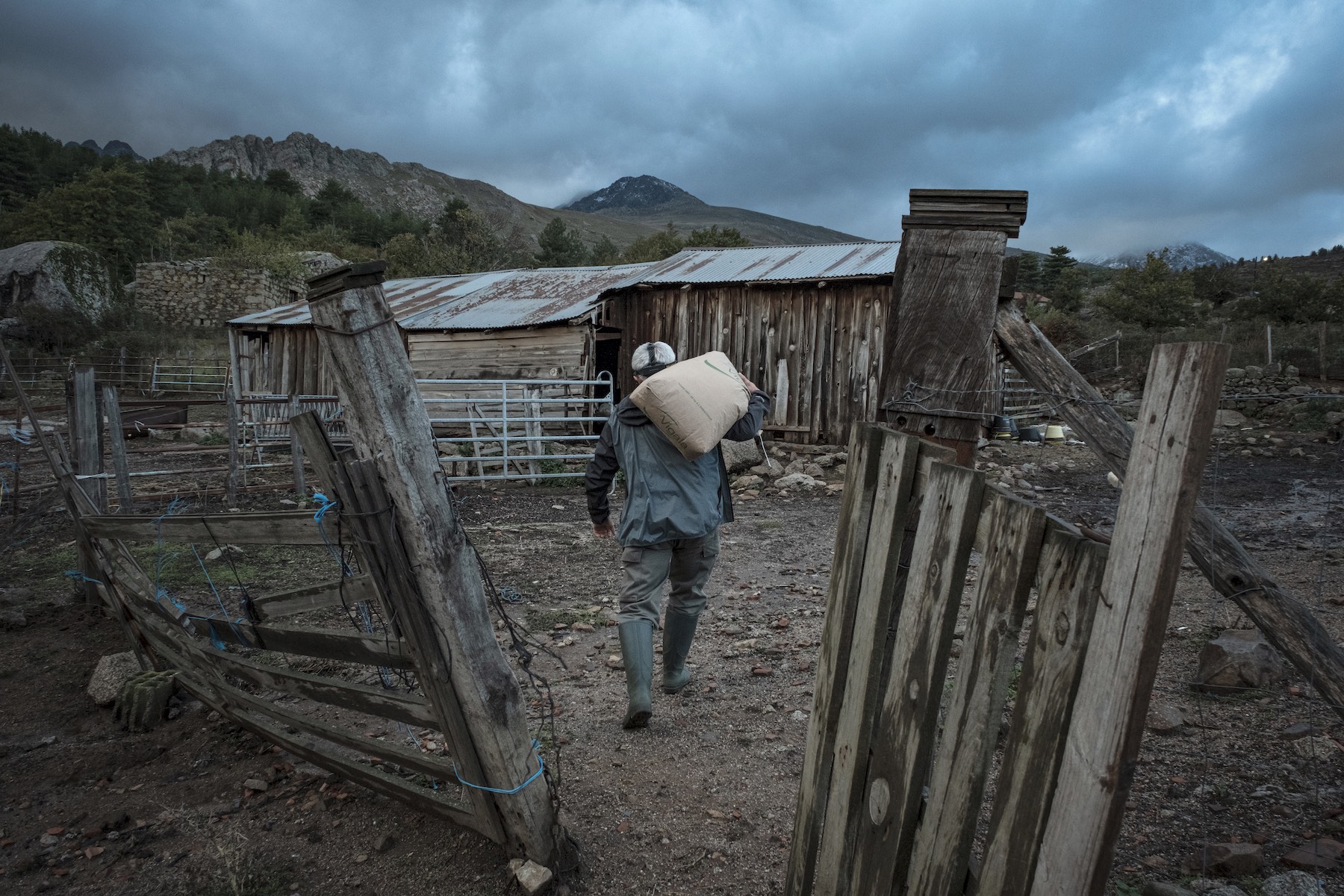
Michele Martinelli
Agraterra
residence in collaboration with the Centre Méditerranéen de la Photographie
Location: Palazzo Guinigi, Via Guinigi, 29
Opening days and hours:
Monday – Thursday from 15:00 to 19:00
Friday – Sunday from 10:00 to 19:00
Agraterra is a new chapter in my research ‘Mediterraneus’, a long-term project that tells stories between land and sea. Mediterraneus is a contemporary Odyssey that aims to encounter realities linked to one’s roots, interweaving one’s historical origins with the difficulties of the contemporary world that can lead to the loss of identity and culture, rediscovering that authenticity and diversity that give humanity its true wealth. In a world that, in the wake of globalisation and technological intoxication, wants us to become faster and faster, making us more and more homologated, in which the individual is losing awareness of fundamental values, moving further and further away from himself, this introspective journey of mine through space and time aims to bring attention back to who we are and where we come from in that part of the world that has always been considered the cradle of humanity.
Agraterra is an ongoing project that aims to document the realities present in the ancestral Niolu region, a mountainous territory in the heart of Corsica, the French island located in the Mediterranean Sea. This wild territory is surrounded by majestic mountains and is characterised by deep valleys, green pastures, rivers and mountain lakes. It is a region with a rich history and unique cultural traditions. These traditions are rooted in the daily lives of local communities and often reflect the ruggedness of the mountainous terrain. The people who inhabit these lands speak their own language (the Corsican) and have always led a life in close contact with nature, living mainly from pastoralism, animal husbandry and agriculture. The pastoral tradition has been a fundamental part of the life of local communities for centuries. Despite the region’s strong identity, there are concerns about the loss of its culture due to social change and modernisation. Like many mountainous, isolated regions with an uncertain economy, Niolu faces the problem of depopulation, as young people migrate to the cities in search of job opportunities and education. This leads to an ageing and shrinking population. Despite these problems, people fight hard and proudly for their culture and the natural beauty of their region, trying to meet these challenges through sustainable development initiatives, the promotion of responsible tourism and the preservation of the cultural traditions that make Niolu a unique place. Some people, after having stayed away from their homeland for a long time, have decided to return to live in the mountains where they grew up, making heartfelt choices dictated by the call of their roots and the search for an existence at a more sustainable pace marked by nature.
BIOGRAPHY
Michele Martinelli was born in Pietrasanta on 29 August 1979, and currently resides in the city of Lucca. After undertaking an artistic training, he now works as a freelance photographer, specialising in documentary and corporate photography. He also deals with the restoration and conservation of cultural heritage. Sensitive to communication through artistic forms of expression, in 2009 he approached photography, a passion that, together with his curiosity as a traveller, has profoundly transformed his life. In 2015, he took a masterclass in photojournalism and documentary photography at the Fondazione Studio Marangoni in Florence. Since then, he started working as a freelance photographer, realising authorial projects and continuing to invest in his own training in visual storytelling. Some of his works have been published in several Italian and foreign magazines, including GEO, Altreconomia, Messaggero di Sant’Antonio, Credere, Vi Menn, Daily Mail, Prier Magazine, L’Oeil de la Photographie, ArtDoc Magazine, Asian Geographic, National Geographic Traveler and National Geographic Italia, and have received international awards. In his projects, he pays particular attention to anthropological, cultural and environmental aspects, being mainly fascinated by the essence of the human being in the Mediterranean territories.



